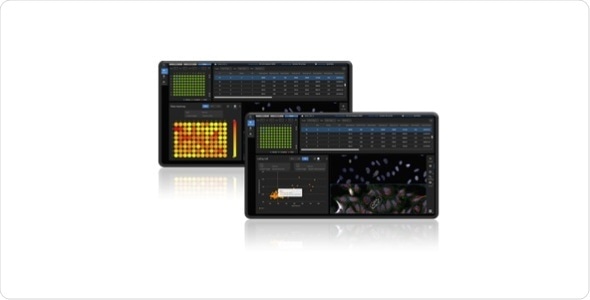Nov 2 2016
New IN Cell image analysis software from GE Healthcare’s Life Sciences business makes high-content analysis (HCA) more accessible to all users regardless of experience. It provides a fully-integrated solution for automated HCA on GE Healthcare’s IN Cell Analyzer systems that incorporates image viewing, analysis and visualization of results.

The new software incorporates sophisticated algorithms that require minimal user input and eliminate the need for complex pre- or post-image processing of cell image data. It provides an end-to-end workflow from image review to protocol development to visualization of cell-by-cell and summary results. High-content image stacks can be easily imported and multiple experiments processed at the same time using single or multiple analysis protocols. Plate navigation and image viewing tools enable initial data exploration prior to extensive analyses, after which “360-degree” viewing tools can be used to link images and results including plots, and data tables, meaning that users can compare individual cells to the overall population.
Built on Predix™, the powerful software platform developed by GE Digital that is used across many of GE’s businesses, IN Cell image analysis software includes customized algorithms that specifically analyze the big data generated during high-throughput cell analysis. The new software can be used with images acquired with IN Cell Analyzer 2000, 2200, and 6000 systems.